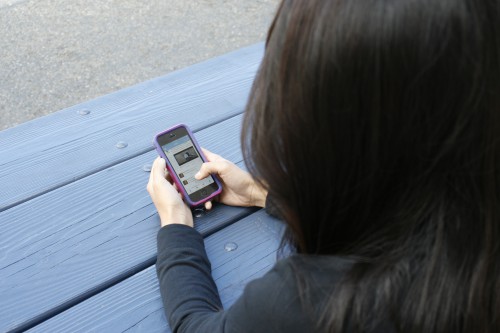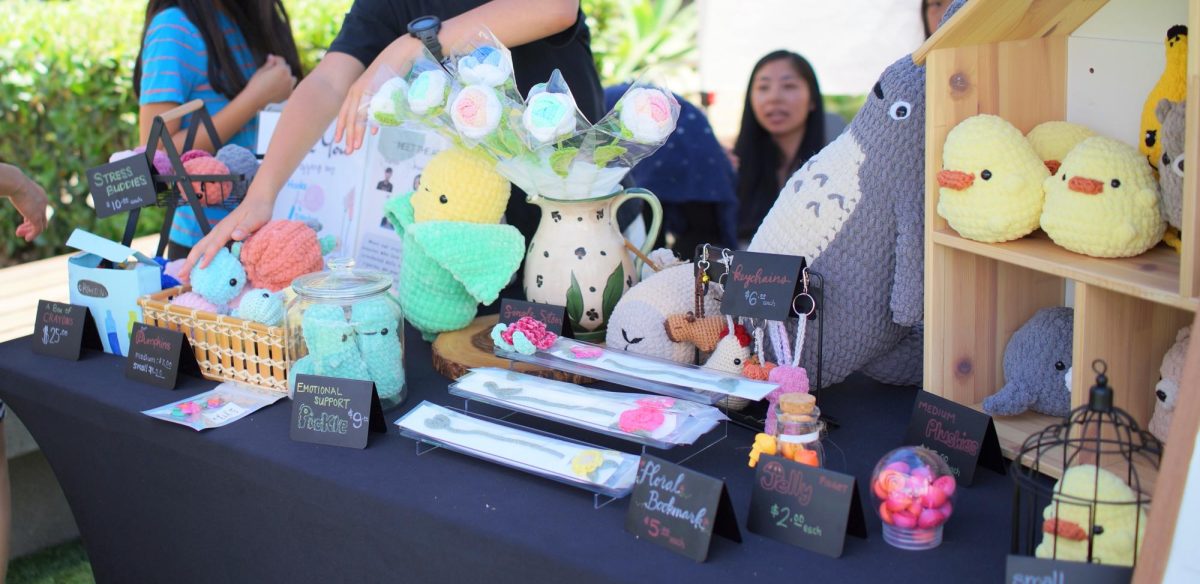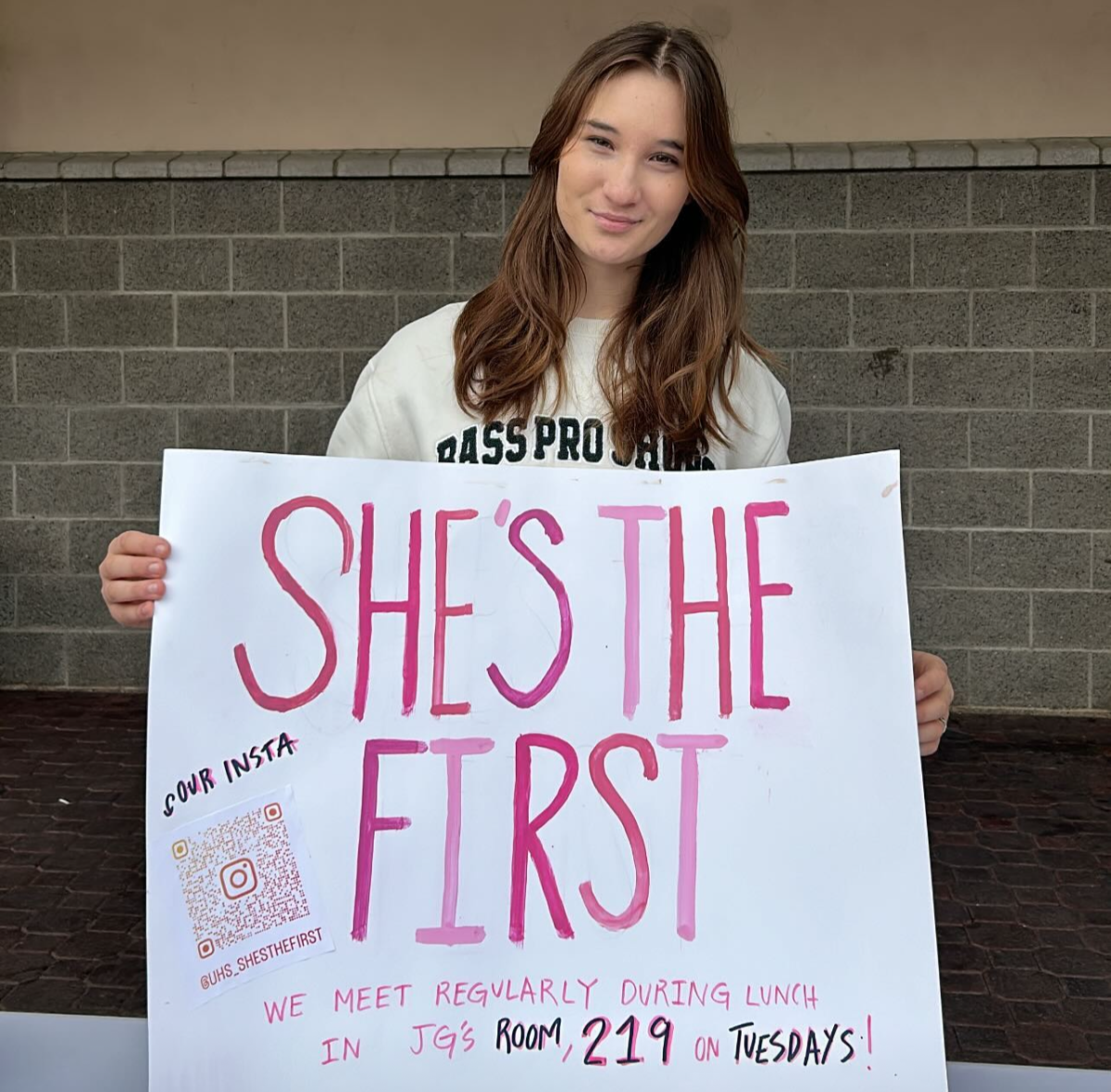
By RAVINA PATEL
Staff Writer
Technology has become an increasingly important part of many people’s lives, especially for many teenagers. Teenagers are constantly on their phones, checking for new updates and notifications or likes and comments. There is little need to have face-to-face interaction when the same discussion can be held over social media.
Social media can be creative or constructive, depending on how it is used. Many students use social media as a form of expression and communication, but it may also force students into trying to maintain a certain image. Some of the more popular social media websites include Facebook, Twitter, Instagram and YouTube, on which teenagers are able to write posts, share pictures and create videos.
Stuti Gohil (Sr.)With so many teens using social media, it is difficult not to feel as though we must follow trends to be accepted.
havesaid, “I can see why people would act differently online because there are almost standards as to how a person can ‘fit in.’ It’s like you
to have a Facebook or an Instagram or Twitter. In person, someone can be really introverted and shy but because of social media they’re expected to show that they aren’t and they try to be extroverted because they want to fit in, and to be part of something the majority is a part of. For me, it isn’t that I’m trying to create my own image on social media, it’s that I’m not upholding the image my mom has created for me. My mom was going through my pictures on Facebook a little while ago and she saw I had a lot of photos with boys from school and dance practices and she wanted me to take them down because I’m supposed to be a good Indian girl. She was more afraid of what people and family back in India would think of me.”
Keerthana Karthikeyan (Jr.)Websites such as Facebook and Instagram can also pose as distractions from more important activities.
said, “A lot of teenagers claim that schoolwork would be impossible without social media. This is true because you can ask others for help, but we also spend too much time with social media and end up procrastinating. Social media allows us to stay in touch with people all around the world, yet it has also reduced us into looking at numbers to define ourselves, whether it is how many followers we have, how many friends we have, or how many likes we get. People might hesitate to post something simply because they won’t get enough likes or comments. If they’re afraid of people ignoring their post or not liking it, they might just not post anything. I feel like there’s a certain pressure with social media, that your life is only interesting after you’ve gotten a set number of likes. Even if you feel like no one, likes can be a form of validation.”
Kevin Qu (Jr.)Alternatively, social media can be used simply to share little bits of a person’s life. When asked whether people act differently on social media,
said, “Most times it’s not purposely, so I think no. I don’t think people act different because my friends post daily things like lunch, formal, and scenery pictures, but it does depend on how all their pictures look on their profile.” Qu also raised the concern of strangers viewing a person’s activities on social media. “Sometimes random people can see what you post with hashtags (on a public Instagram) and also follow you or like your post.”
Social media has many different uses that garner different opinions. It provides a creative outlet that helps share information while simultaneously enforces a certain image or trends to be considered socially acceptable. Overall, it has good and bad qualities that can be enforced or diminished depending on the user.













